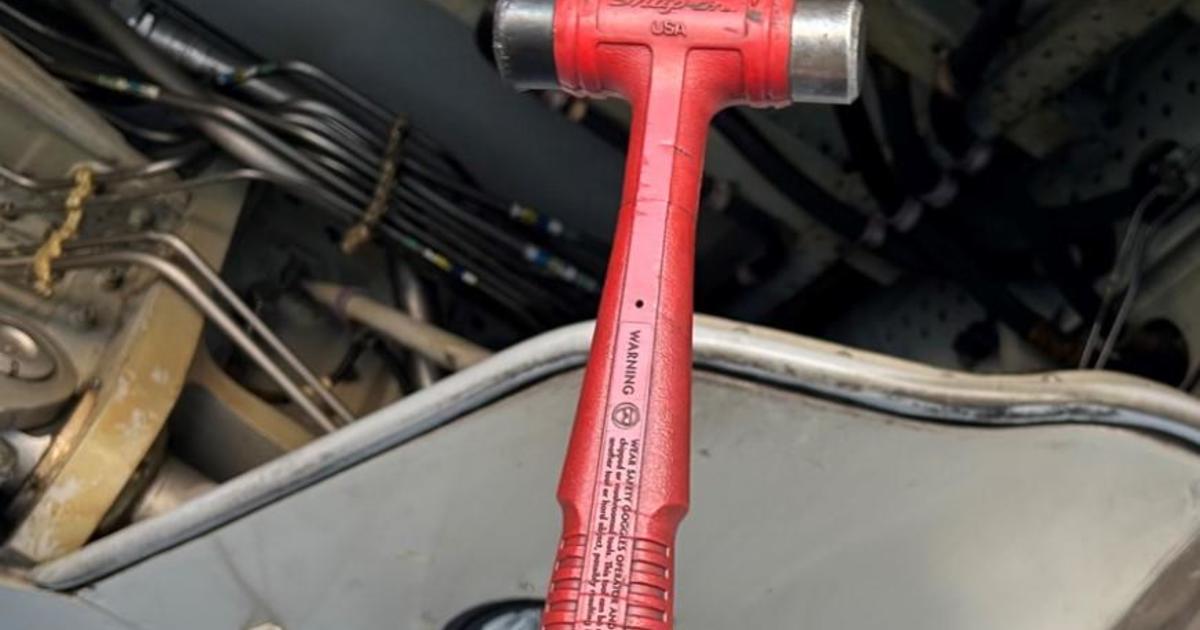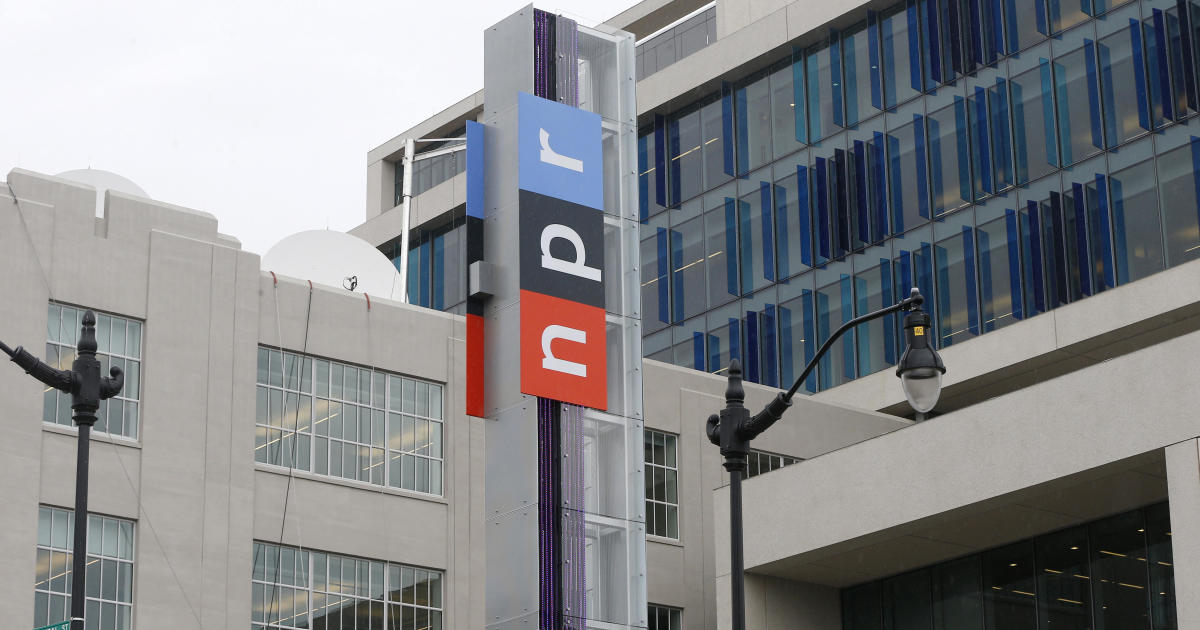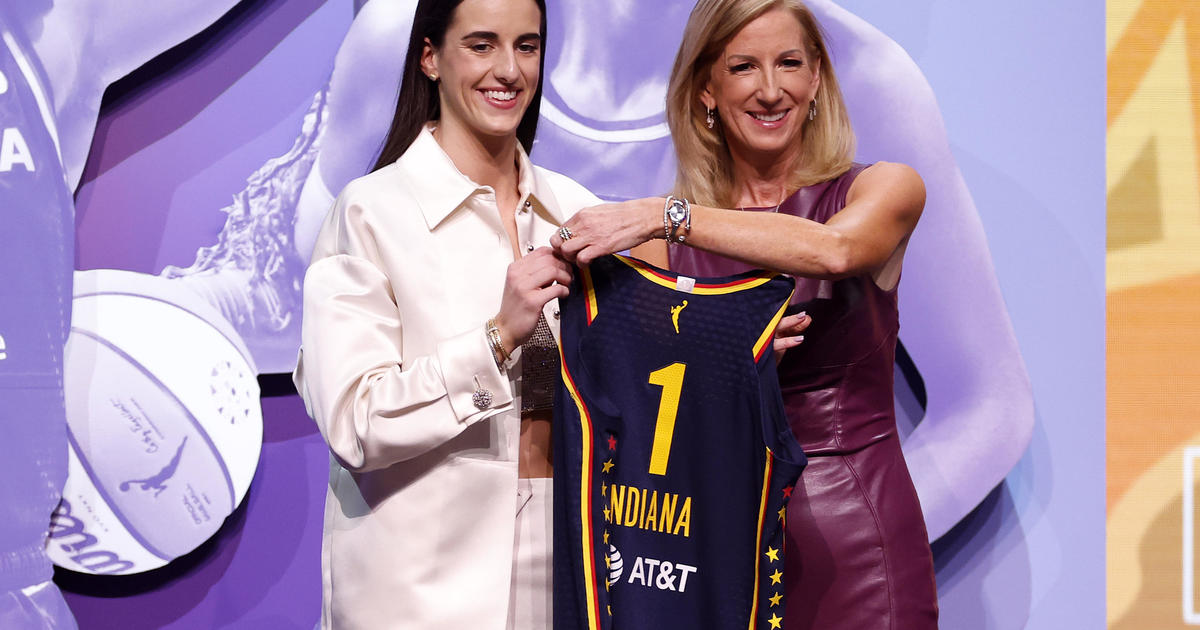Want great maternity leave? Become an ironworker
Ironworking isn't a job typically associated with top-notch perks. Yet the relatively small number of women in the trade now have something in common with workers at some marquee Silicon Valley firms. And it's not free lattes or laundry service.
Women ironworkers now enjoy one of the most generous maternity leave programs in the country: Six months of leave prior to delivery and up to eight weeks afterward. While on leave, they receive about two-thirds of their regular weekly income, up to $800 per week.
The benefit is available to women who belong to the 130,000-member Iron Workers union of North America. The union worked with IMPACT, a labor-management partnership, to design the benefit and unveiled it last month.
It puts the union's roughly 2,100 female members on par with employees at firms like Etsy (ETSY), Adobe (ADBE) and Cisco (CSCO). Only Netflix (NFLX) and the Bill & Melinda Gates Foundation offer more generous maternity leave benefits of up to a year paid parental leave for qualified employees, according to a Care@Work ranking.
Most American workers can only dream of such protections. The U.S. is among a handful of countries that doesn't require employers to provide paid parental leave, and less than 20 percent of private sector workers have such coverage.
Under the federal Family and Medical Leave Act (FMLA), employers must give qualified workers up to 12 weeks of job-protected leave a year for certain medical and family reasons -- such as the birth of a child or an adoption -- but they aren't required to pay them during that time.
Why have female ironworkers won the leave lottery?
For one, contractors in the building trades are under pressure to employ a more diverse pool of workers to win public and private sector bids. The new maternity leave benefit is a competitive advantage in the battle to recruit and retain the limited number of female workers in the building trades.
"It's the right thing to do socially, and there is an economic issue too," said Bill Brown, CEO of St. Louis, Missouri-based Ben Hur Construction Co. and management co-chair of IMPACT, an acronym for the Ironworker Management Progressive Action Cooperation Trust.
Working throughout a pregnancy can be challenging for many women, but expectant female ironworkers have some unique challenges. Ironworkers erect the structural steel framework for bridges, high-rise buildings and big industrial facilities, among other types of projects. The job often entails using heavy machines and tools, such as massive cranes, and working at dizzying heights.
"Everything we do involves using heavy material and requires a lot of physical strength and agility," said Eric Dean, general president of the Iron Workers union.
It's not surprising that such work has tended to drive away pregnant employees.
By leaving their jobs prior to delivery, some have lost not only a regular paycheck but have also jeopardized their health benefits. Iron Workers members must put in a certain number of hours each week to qualify for health insurance through their local union branch.
"Some women were hiding their pregnancies" to avoid having to leave work prior to delivery because of safety-related issues, said Vicky O'Leary, a veteran ironworker.
"I know of one woman in Chicago who was able to hide her pregnancy until her eight month" by wearing heavy clothes during the winter, added O'Leary, who oversees the union's efforts to bring greater diversity to the trade.
The partial pay under the union's new maternity leave program will help those on leave afford the cost of continuing health coverage, explained Dean.
By reducing turnover, the program is also expected to hold down the costs associated with training new workers. Ben Hur Construction's Brown estimates that it costs $32,000 on average to put a worker through the industry-funded apprenticeship programs offered through local unions. The apprenticeships offer classroom instruction and paid on-the-job training.
Brown said the new maternity leave benefit may inspire unions and employers in other male-dominated building trades to implement more family-friendly policies. "This isn't a craft for the faint of heart. If we're going to attract more women and minorities, we feel we need to find better ways of doing it," he said.
As ironworkers, he quipped, "we like to lead things from the top."



